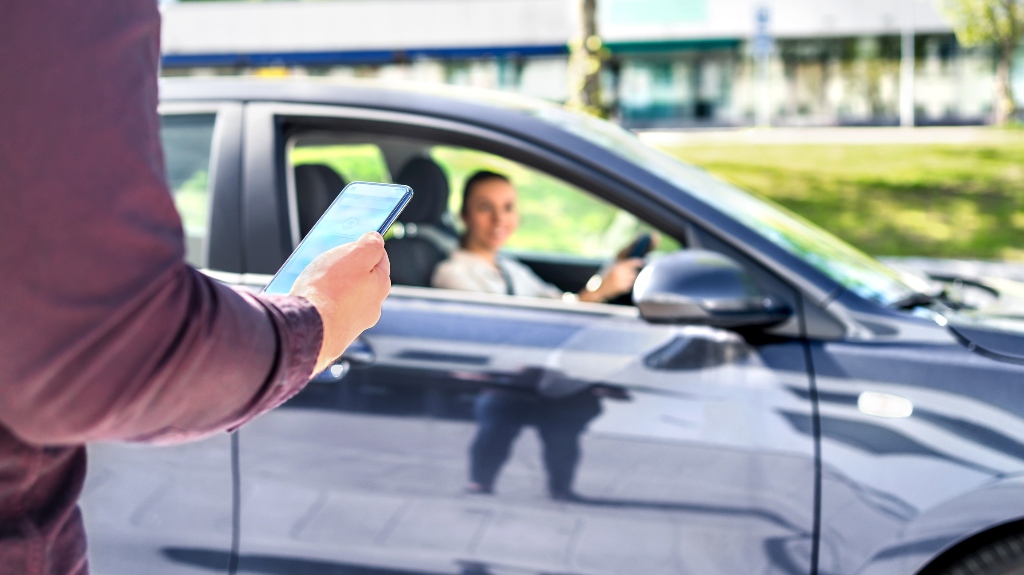Although many people are familiar with rideshare transportation services, some may be unaware of what to do if they are in an accident involving a rideshare vehicle. To provide clarity on this matter, in the below guide, we will discuss the legal remedies rideshare accident victims have.

Rideshare Companies and Their Legal Responsibilities
According to laws and regulations in most states, rideshare companies are required to provide liability insurance coverage for active rides. While the specific insurance policies will depend on the company, Uber, for instance, has the following types of insurance coverage:
- Liability Coverage: This coverage compensates for bodily injury and property damage to third parties resulting from a crash during an active ride. The coverage limits range from $50,000 to $1 million.
- Collision Coverage: Collision coverage covers damage to a driver’s motor vehicle due to a crash during an active ride. Most rideshare companies provide around $25,000 in collision coverage.
- Contingent Liability: Contingent liability provides coverage for Period 1, Period 2, and Period 3, or basically when the rideshare driver has logged on to the rideshare app and is waiting to connect with a rider. The coverage limits will usually depend on the rideshare company and state regulations.
- Uninsured/Underinsured: This coverage covers bodily injury from a crash with another motorist without sufficient insurance.
To better understand what financial recovery you can pursue following an Indiana rideshare accident, consider discussing the crash with an experienced Indiana rideshare accident attorney as soon as possible. These legal professionals can help you better understand your legal options and assist you in pursuing the financial recovery you deserve
The Rideshare Driver’s Status
If you were injured in a rideshare accident in Indiana, the rideshare driver’s status at the time of the accident will play a significant role in determining liability and the compensation you can pursue. There are three main rideshare driver statuses:
Actively Transporting a Rider
During this period, the rideshare driver has accepted a ride request and is transporting the rider to their destination. If an accident occurs during this time, the rideshare company’s insurance applies.
Waiting for a Rider
This period involves the rideshare driver being logged into the rideshare app and waiting for a request. Or the rideshare driver has accepted a ride request and the driver is on their way to pick up the passenger. During this time, the rideshare company’s insurance may apply.
Using the Car for Personal Use
When a rideshare driver is not logged into the rideshare app and is using their car for personal reasons, the rideshare driver’s primary automobile insurance will apply, and the rideshare company will not be responsible for any collisions.
However, it should also be noted that liability can frequently change as the driver’s status shifts between personal use and activity-providing rides.
Contact Kaushal Law To Go Over Your Case for Free
If you or a family member were involved in a rideshare accident in Indiana and want more information about your legal options, contact Kaushal Law today or call us at 765.434.3787 for your free case evaluation.
Our skilled legal team can determine not only what legal actions you should take next, but we can help you go after the financial recovery you deserve.
